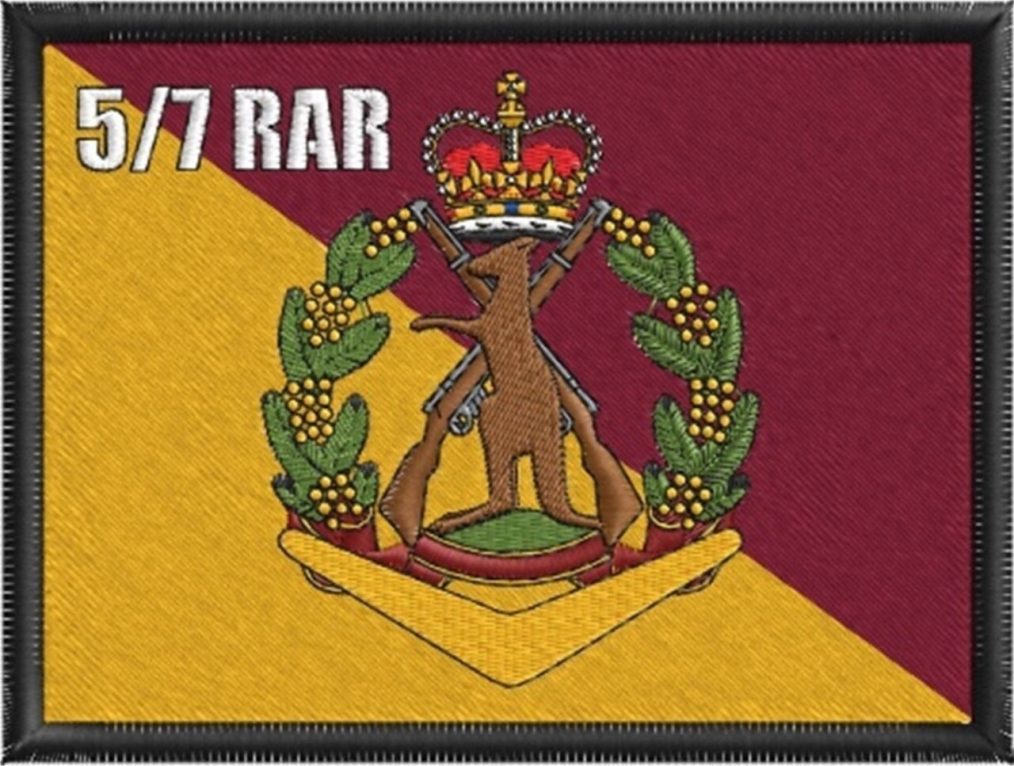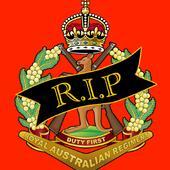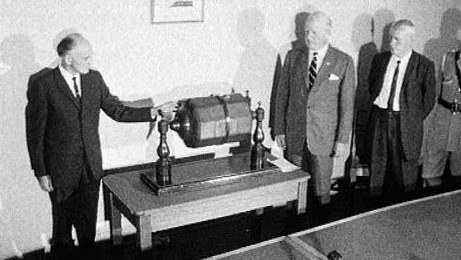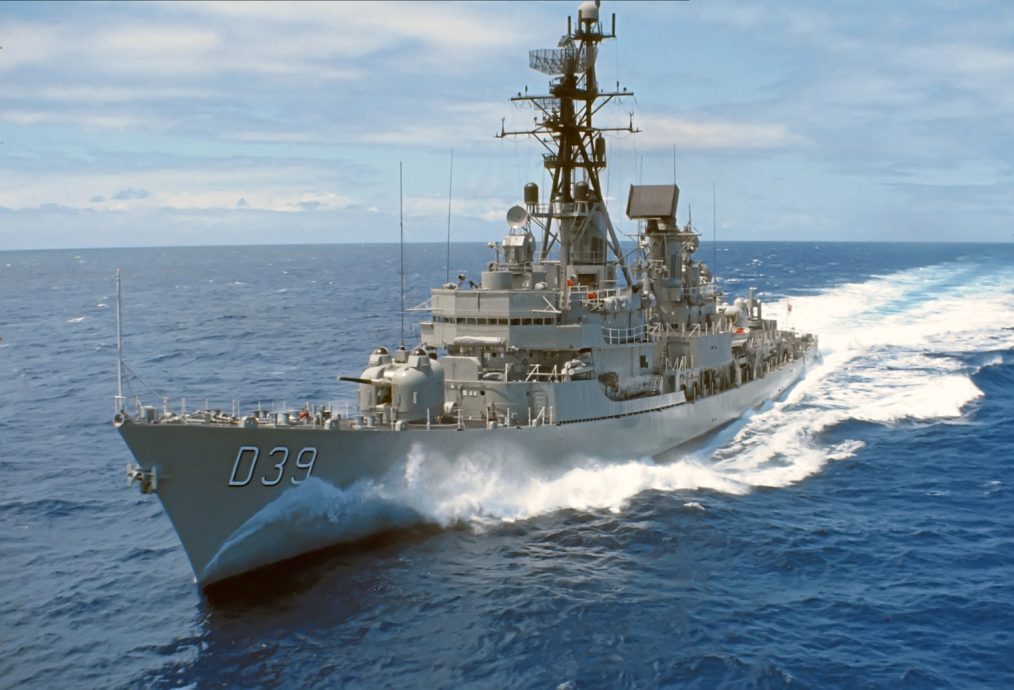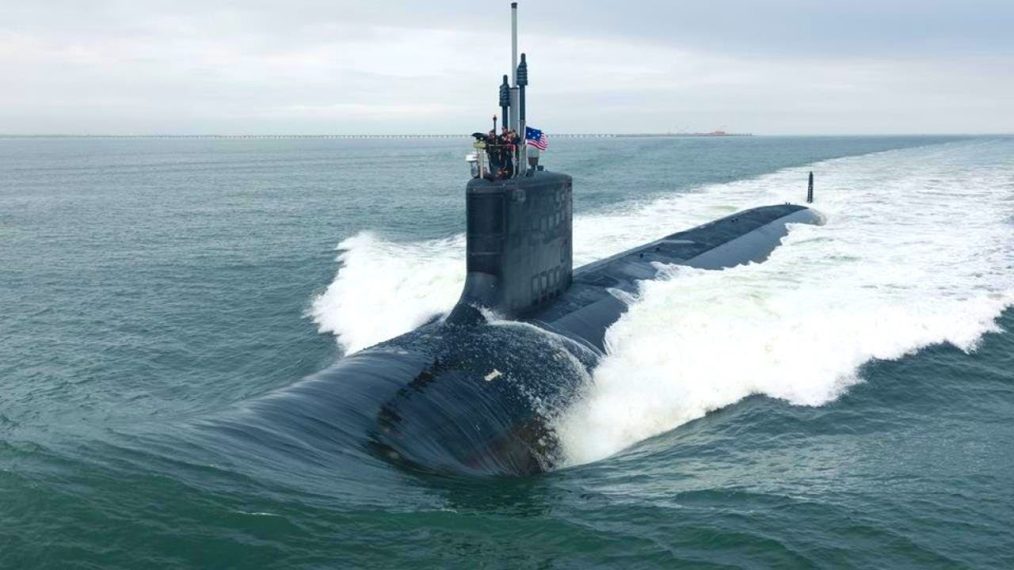Soldiers from the 5th/7th Battalion, Royal Australian Regiment (5/7 RAR), are playing a pivotal role in Exercise Balikatan 25 in Palawan, Philippines. This annual bilateral exercise, now in its 40th year, brings together the armed forces of the Philippines, the United States and Australia to bolster regional security and interoperability.
Following Marine Exercise 2025 in Mindanao, the Marine Rotational Force – Darwin (MRF-D) repositioned its ground combat element (GCE) to Palawan. Alongside U.S. Marines and the Philippine Marine Corps’ 3rd Marine Brigade, Australian troops from 5/7 RAR are deeply involved in high-intensity, integrated training operations.
This year’s Balikatan exercise includes complex, real-world scenarios, such as counter-landing live-fire drills in Rizal. In these, 5/7 RAR contributes with its anti-tank capabilities and infantry fire support, working alongside Philippine artillery units and the U.S. Marine Corps. These operations are supported by close air support from the Philippine Air Force and U.S. Army rocket systems.
Lieutenant Colonel Adrian Walker, Commander of the Australian Contingent, said, “Our contribution is focused heavily on the combat capabilities of 5/7 RAR, complemented by medics, engineers, air support and command elements. These exercises strengthen our operational cohesion and build lasting trust among partners.”
Additionally, in Southern Palawan, 5/7 RAR is participating in Maritime Key Terrain Security Operations. These involve aerial and amphibious manoeuvres to secure vital coastal areas, with trilateral support from U.S. MV-22 Ospreys and Philippine landing forces.
Balikatan 25 reaffirms the commitment of Australia’s Defence Force to a stable and secure Indo-Pacific, showcasing the professionalism and readiness of 5/7 RAR as a key regional partner.

